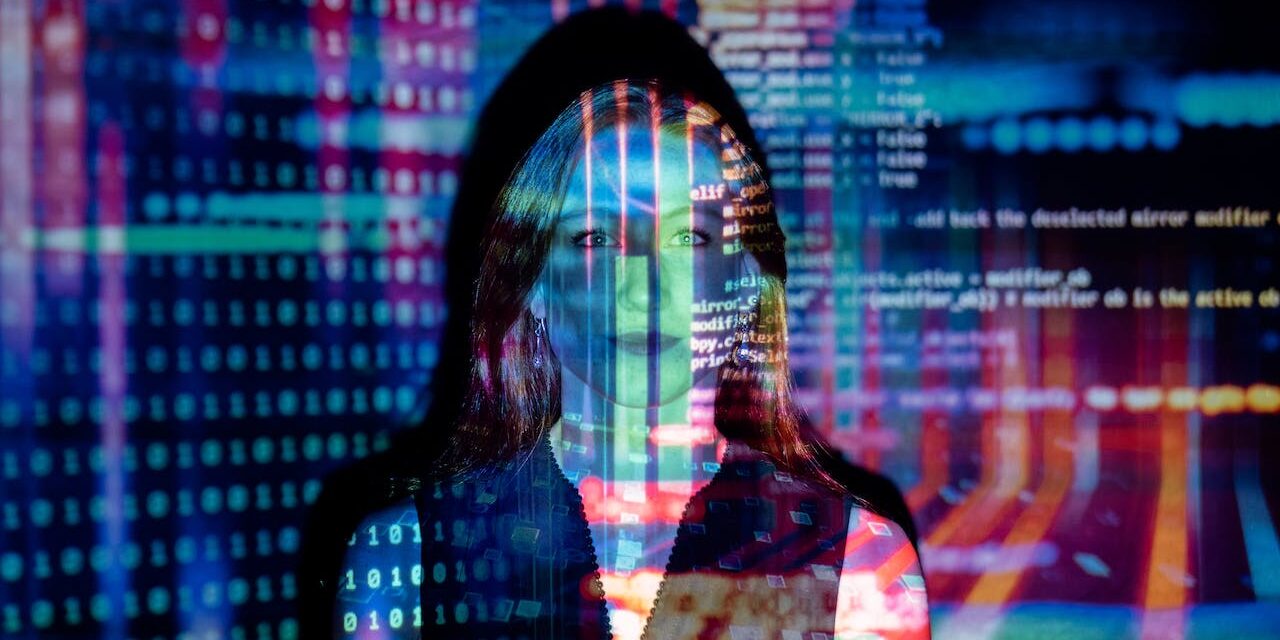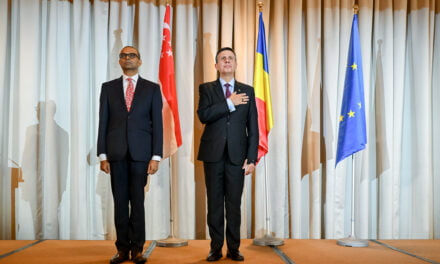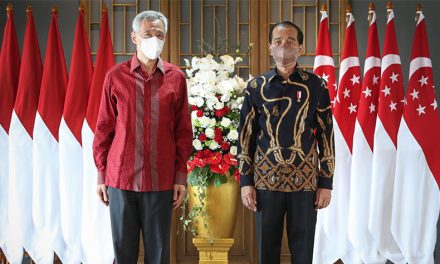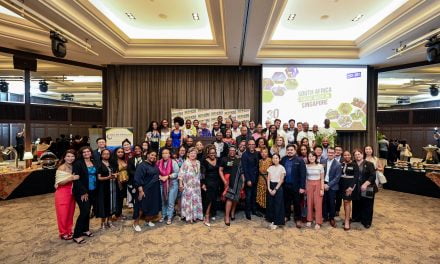All indications are that the international diplomatic community – one of the oldest professions in the world – is set to embrace artificial intelligence in its daily practices.
“AI is predicted to have a significant impact on international relations such as putting new topics on the international agenda, challenging geostrategic relations, serving as a tool for diplomats and negotiators, and creating new opportunities and concerns about protecting human rights,” said The DiploFoundation, a Malta-based non-profit organisation which deals with Internet governance and digital policy.
Numerous countries are already embracing this innovative technology with gusto, with both positive and negative outcomes.
AI is defined as “a system’s ability to correctly interpret external data, to learn from such data, and to use those learnings to achieve specific goals and tasks through flexible adaptation”. (Kaplan and Haenlein 2019).
AI has the potential to improve efficiencies across a myriad of professions, with diplomacy being one of them.
AI in diplomacy
The most obvious use of AI in diplomacy is the ability of the technology to translate different languages. The use of automated translations could smooth and speed up negotiations, negating the use of human interpreters.
AI can also be utilised in the logistics of diplomacy – the managing of documents and the scheduling of meetings between various parties.
The technology can be used to draw up treaties and a variety of other diplomatic agreements. It will be useful in designing various outcome scenarios and planning for future outcomes.
As AI evolves, it will speed up the analysis of information much quicker than a team of humans. For example, AI can analyse vast amounts of data, including news articles, social media, and diplomatic communications. This could provide policymakers with valuable insights and trends and aid in decision-making processes as well as understanding public sentiment.
AI even has the potential to change the way negotiations are conducted.
The integration of large language models, the technology that drives ChatGPT, into augmented reality could provide negotiators with real-time recommendations and insights. This is what augmented reality and artificial intelligence experience developer Brilliant Labs has done. Brilliant Labs has created a prototype that integrates ChatGPT into AR glasses, allowing the user to receive real-time conversation prompts.
In the future, these systems could analyse negotiation strategies, assess the potential impact of different concessions, and suggest optimal paths to achieve desired outcomes.
Drawbacks of AI
However, as with many emerging technologies, AI has its flaws.
AI outcomes rely solely on the data that is fed into the system. If the inputted data is corrupt or inaccurate, then the same can be said for the outcome. Bias can be embedded within the AI algorithm data that will also affect the outcome. In addition, AI does not show you the decision-making process behind the outcomes.
AI has been criticised for its perceived lack of creativity and empathy. While great at pattern recognition, AI struggles with innovative thinking and the nuanced, emotionally driven aspects of creativity.
On a human level, jobs may be lost and there is potential for the erosion of essential human skills as people start relying more heavily on AI technologies.
AI in Southeast Asia
Significant strides in advancing AI governance have been taken by Southeast Asian governments. Singapore emerged as a trailblazer with the launch of its National AI Strategy in 2019.
Following suit, Indonesia, Thailand, Malaysia, and Vietnam have since unveiled their respective national strategies and roadmaps. This shows a region-wide commitment to the development and responsible implementation of artificial intelligence.
As AI becomes more ubiquitous in global affairs, fostering responsible diplomacy and ethical considerations will be essential for ensuring its positive impact on international relations.
*Written by DNA guest contributor, Anne Gibson.






